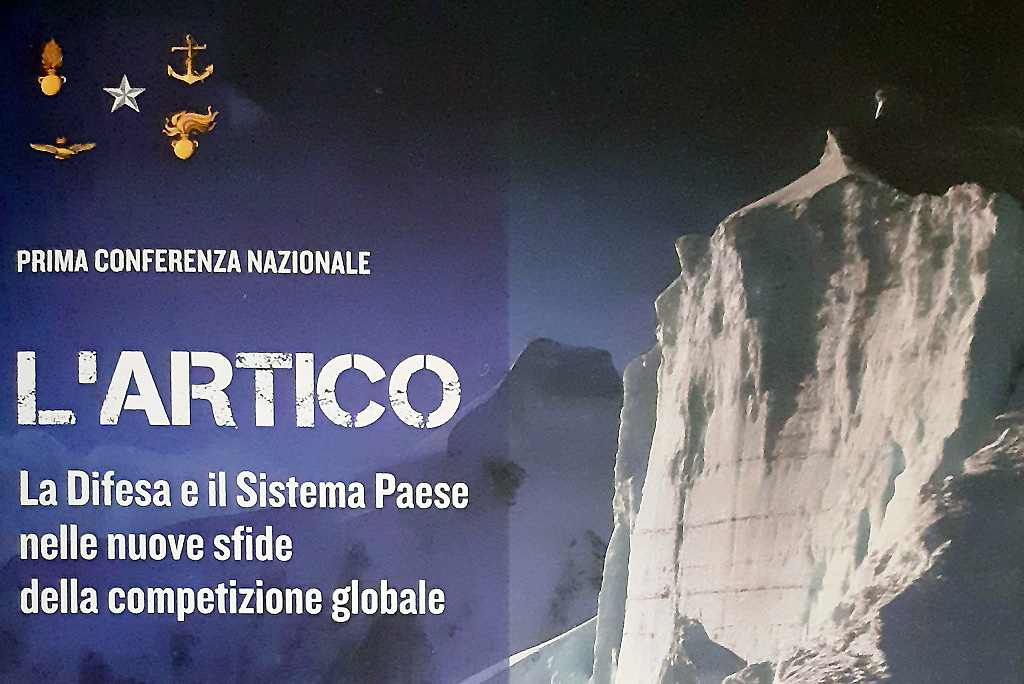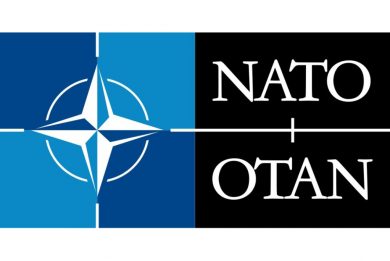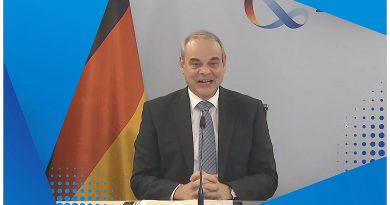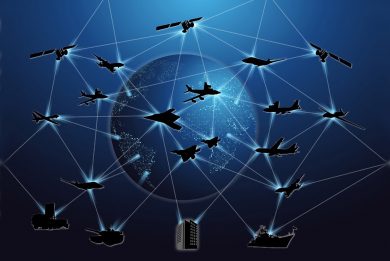
The Arctic: a distant neighbour that is getting closer, the Italian approach
On Wednesday, October 29, 2025, the 1st National Conference “The Arctic: Defence and the National System in the New Challenges of Global Competition” took place at the Centre for Advanced Defence Studies – Special University Higher School (CASD/SSUOS) in Rome, which aimed at highlighting the Italian approach to the Arctic issue
The event focused on the initiatives of the global Italian institutions (Ministry of Defence, other governmental departments and agencies, industries, research, universities) and the geopolitical framework of the Arctic region, now under magmatic changes, marked by the Russian assertiveness and growing Chinese ambitions, and NATO’s northward expansion with Finland and Sweden which risks making the Alliance more distant from the ‘Enlarged Mediterranean’, which has been the main area of interest for Italy in the recent past.
The conference is part of numerous ongoing inter-ministerial projects, reflecting the growing attention to the Arctic area; it was structured into three slender thematic panels concerning geopolitical, security, inter-institutional and inter-agencies aspects. The panels, led by well-known journalists, saw the involvement of government officials, military and civilian leaders, diplomats, experts, as well as representatives of scientific and research institutions and the ministries primarily involved
The event was promoted and organized by the Undersecretary of State for Defence, Senator Mrs. Isabella Rauti, tasked to led and coordinate the activities Arctic, Sub-Arctic, and Antarctic areas.
All conference debates highlighted the hope that others similar gathering will follow, giving that the first one was not only a mere presentation of activities, but a call for further actions in that region.
Opening the conference, the Minister of University and Research, Anna Maria Bernini, defined Defence, Foreign Affairs, and Research as a “triptych representing the perspective of the future,” particularly emphasizing the value of including the Ministry of Defence in the Scientific Committee for the Arctic – an initiative strongly supported by Undersecretary Rauti. According to Bernini and Rauti, this is only the first step in a synergistic process that will allow Italy to better develop the potential of the country’s system, not only in the far north but also across the entire spectrum of Italy’s foreign policy.
The Italian officials emphasise that the ‘High North’ strategic situation affects both security and environmental stability, shaping global supply routes, nuclear deterrence dynamics, and long-term climate consequences.
The Arctic transition is central to global balances as said the Undersecretary of Foreign Affairs Giorgio Silli; he recalled that the Arctic now is no longer a remote frontier and that the ‘Far North’ concerns not only the environment, but also the security and stability. The Special Envoy of the Italian MFA the Arctic announced the upcoming publication of a new strategic document on the Arctic, which will update the 2015 document.
Italy is deeply interested in the security and economic evolution of the area, which risk to marginalize the Mediterranean role as geopolitical hub if the climate change and the rapid melting of ice and permafrost will continue, it will open the way to more rapid sea lines between Asia and Europe, making the Chinese project of the ‘Polar Silk Route’ an incoming option. In this way should be read the joining of Italy, with a permanent observer status, of the Arctic Council in 2013, getting the last window of opportunity, due to the present veto policy adopted by Russia for new membership.
The pressure of Russia (which considers the region as identitarian element for the country), and China as well (which defines itself a ‘near Arctic state’), was analysed by many of the speakers.
Peter Taksøe-Jensen, Ambassador of Denmark, of which Greenland is part with the majority of surface land of the Arctic, emphasized the aim of Copenhagen, to keep low-tensions in the area, despite growing difficulties (Moscow’s suspension from the ministerial meetings of the Arctic Council, which now is almost fully formed by NATO and EU countries, 7 and 3 respectively) with the need to strengthen deterrence in the Arctic.
The international organizations contribution to the conference started with the EU’s special envoy for the Arctic, Claude Veron-Reville, who described what is happening in the Arctic as a massive military build-up, originated by the Russian and Chinese presence and assertiveness. However, giving that the EU is not a military pact like NATO, she warned about climate change and the melting of glaciers.
The Atlantic Alliance approach was explained by the Chairman of the NATO Military Committee, Admiral Cavo Dragone; he highlighted the Arctic as the Alliance’s Northern Front, stressing interoperability with Nordic partners and collective deterrence and the growing Russian military build-up and pervasive presence.
On the same vein were the Chief of Defence, General Portolano, and the newly appointed Italian Navy Chief of Staff, Vice-Admiral Bergotto. The Army, among the pioneers of the military presence and activities in the Arctic, presented its works and future projects, recalling that the ‘Taurinense’ Mountain Troops Brigade (Alpini) is the designated unit to operate in the ‘High North’, equipped and trained for this operational scenario with activities in synergy with NATO. It took part in exercise ‘Nordic Response 2024’, while the Army Mountain Infantry Training Centre is organising the third edition of the ‘High Altitude Camp 2025’ project on Mont Blanc, which involves military mountain specialists, elements from the two Mountain Brigades, industry, and Academia. [It would be useful remembering that Sweden and Finland, the newest members of Atlantic Alliance, recently expressed their appreciation for the announcement of the participation of Italian units to the NATO’s Forward Land Forces, FLF, located in Finland and led by Sweden, author’s note].
The industry voice was well represented by the Presidents of Fincantieri and Leonardo, Biagio Mazzotta and Ambassador Pontecorvo. They briefed the vast and multinational audience about the production and project initiatives, which should include, for Fincantieri the new Italian Navy hydro-oceanographic ship Quirinale that will replace the current one of the Magnaghi for the 2027, improving the capability of the country to operates and show the flag in those waters. Leonardo is pushing leading technologies and solutions for operations in extreme Arctic conditions, including AI, unmanned systems.
Undersecretary Rauti resumed the critical points emerged in the conference and announced that the creation of a permanent conceptual hub focused on the Arctic is under evaluation; it will gather in a stable framework military and civilian institutions, university and research, industry and NGOs, to put forward the interests of Italy, cooperating with EU and NATO in that critical region.
Convening its first National Arctic Conference, Rome signals a clear will to integrate military, diplomatic, and scientific presence and efforts in the ‘High North’ with the awareness that this region is no longer a remote frontier. Its strategic relevance has surged due to escalating geopolitical competitions, climate challenges, and emerging economic opportunities.



